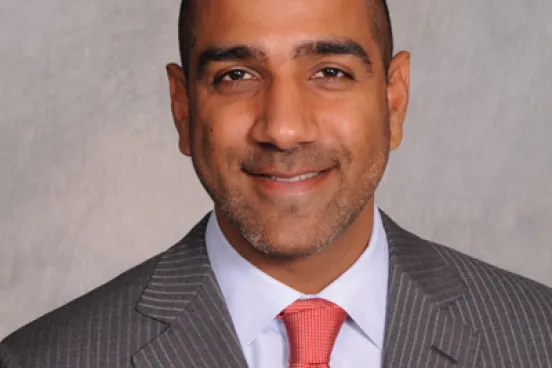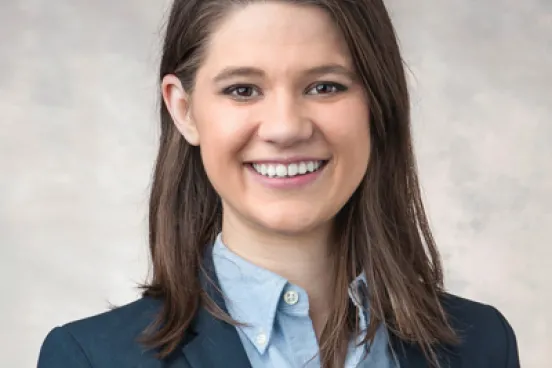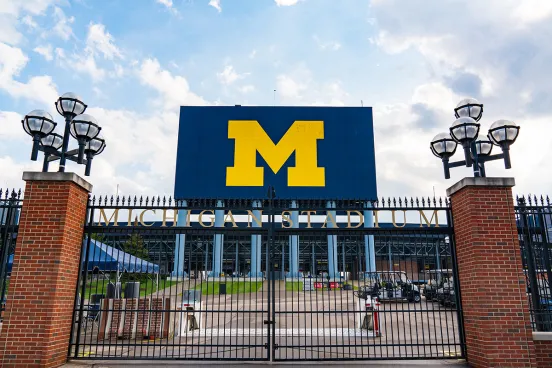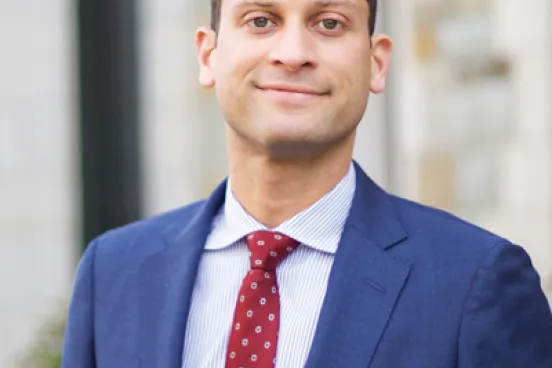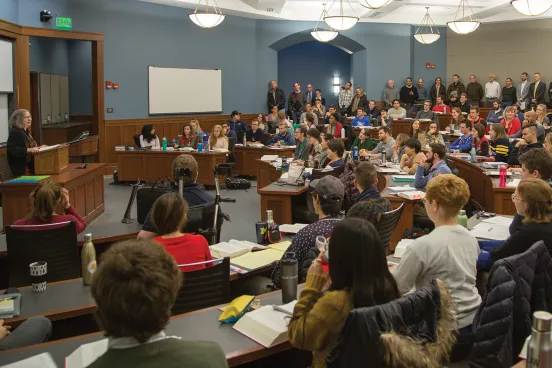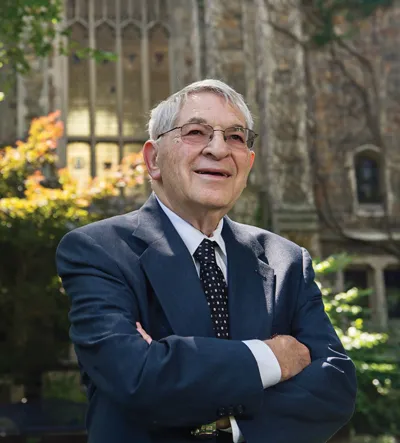
Professor Emeritus Douglas Kahn considers Michigan Law to be one of the most important, defining aspects of his life, which is why he documented a bequest to the Douglas A. Kahn Scholarship Fund.
“I am privileged to be here among the great minds of my colleagues and being able to teach and, to some extent, touch the lives of my students,” he says.
Kahn’s recent bequest designating Michigan Law as the beneficiary of a portion of his retirement funds is something he has been thinking of doing for a long time.
“People typically do this by simply adding Michigan Law to their will as a beneficiary of their estate, and normally I would have done this too,” he says. “However, the bulk of my assets are in my retirement funds, so designating the Law School as a beneficiary of a percentage of those funds was the simplest thing for me to do.”
Having also made provisions in his will for family and other charitable organizations, Kahn assures that neither process is complicated.
Troubled by the significant rise in tuition costs since he graduated from law school in 1958, Kahn was deeply touched when a close friend and former student established a scholarship in his name. “I have gotten wonderful letters from past recipients who have been incredibly grateful,” he says. “I want to continue supporting students like these, particularly because I don’t know if I could afford to go to law school today.”
Kahn hopes that by demonstrating this kind of affection for Michigan Law, alumni, particularly former scholarship recipients and those who knew him when they were students, may be inspired to do the same.
“Having spent 52 years on the faculty at the Law School, it is much closer to my heart than anywhere else. It is where I want to leave something after my passing to give back to the institution that has given me so much.”
“It’s important for the Law School to grow,” says Kahn. “But you also want your memories to live on.” Designating assets to Michigan Law—whether it is for a scholarship or another specific or general use—is an individual matter, but they all go toward the benefit of the institution and preserving the memories that mean the most to you.
“Each person should decide for themselves,” says Kahn. “However, no matter how it is done, the School is better off. If you have an affection for the School and feel that you have benefitted from it—whether as a faculty member or as a student—then this is a way of making that available for other people. It’s a way of letting them share the experience that you had. That was my inspiration.”—JP



